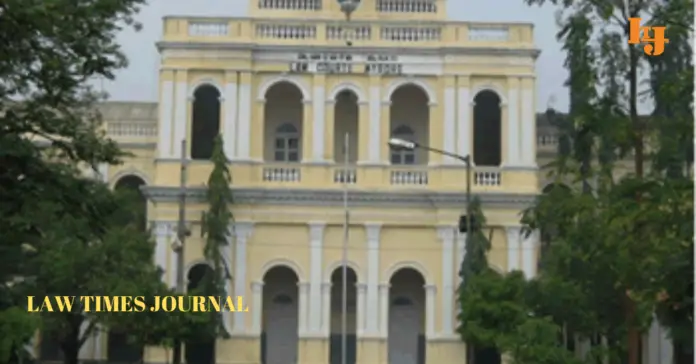
The freedom of speech has been granted by the Indian Constitution to a citizen of India under Article 19(1)(a). It is a liberty provided to the citizen of India and it plays a significant role in the society that everyone has the freedom to express themselves without having fear of punishments. The freedom of speech is the most precious right of the man and every citizen may accordingly speak, write and print with freedom but they must be liable if they abuse the right as the manner prescribed by law.
Brief facts
The petition was filed praying to direct the respondent (police) to release the petitioners on bail even if the arrest is done on the ground of sedition. A rally was organized by the Mysuru University students to protest against the attack on the students of Jawaharlal Nehru University and demanded the arrest of the culprit.
The police were unaware of the protest as no information of protest was provided to the officer. A piece of information was received by the police related to protest on the university gate. As soon as the police reached the spot, the students left the spot, on viewing the photographs and video clips of the protestor, it was noticed by the police officer that one person in the mob has held the placard containing the writing ‘Free Kashmir’.
It was stated that the slogan shows a kind of hatred towards the government and instigates others to do so that may breach the public peace among the citizens. The organizers of the events and holder of the placard at the time of protest arrested on the charge of sedition under section 124(A) of IPC.
The petitioner who held the placard contended that she was present at the protest in her own will and she was not a part of mobilizing people for protest. The slogan which she holds has been interpreted in the wrong sense. She has the right to express and Free Kashmir slogan means that as 5 months have passed after the abrogation of article 370 in the Kashmir but the internet is still shut down. The poster is to convey the government to normalize the condition in Kashmir and restore the peaceful condition that existed. They were silenced for a longer period and NRC, CAA, NPR provides them the platform to get the attention of the government to the situation of Kashmir.
Key features
- The petitioner had reached Hon’ble Apex Court and High Court for anticipatory bail but their application was granted on the ground that in case of sedition the bail will not be granted and the appeal was filed in Mysuru court praying for the rejection of the bail application.
- It was contended by the respondent that the petitioner has accepted the fact that she held the slogan of free Kashmir which simply means Azaad Kashmir but after the abrogation of Article 370 such slogan has been banned.
- The petitioner stated that the placard has been misrepresented in the wrong sense due to the pressure of media as the protest was also published in the newspaper.
Order
The Mysuru Court has granted the anticipatory bail to the petitioner who held the placard of Free Kashmir and to the organizer of the protest against the attack on the student of Jawaharlal Nehru University. The petitioners were charged with the offence of sedition under section 124(A) of IPC. The fact is that she is a young woman and student and no material facts has been shown to prove her criminal antecedent or to be having a connection with the banned outfits. She has been co-operating with the investigation by surrendering her passport in fear of absconding as well as she accepted the fact that she has held such placard and explained why she did so.
The court ordered to released them on bail while holding the securities of Rs. 50,000 from each one. The court further stated that freedom of speech is necessary for the success of democracy as an individual has the right to express his opinion on having the full and correct knowledge of the issues and the opinion must be of its own. For expressing her opinion, the person should choose an appropriate word or the resultant misinterpretation may create controversies in law and order of the country.
Edited by Vartika Gajendra Singh
Approved & Published – Sakshi Raje








